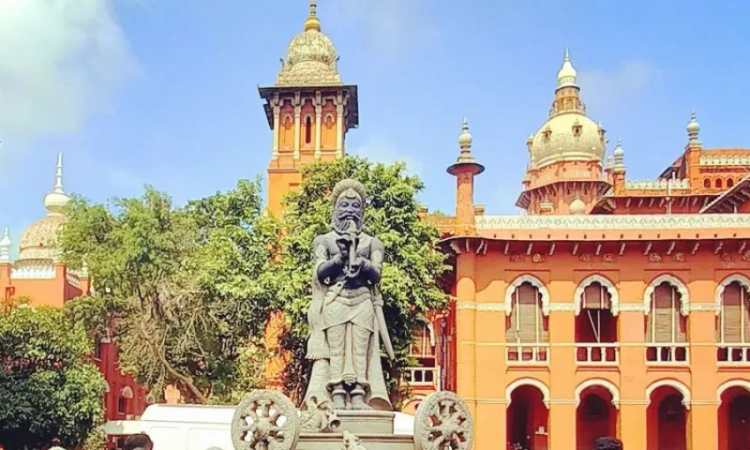Nagore Dargah's Ad-Hoc Board of Administrators has filed an affidavit before the Madras High Court stating that they have done everything in the best interests of the Dargah and the Tamil Nadu State Wakf Board has been meddling in the day to day administration of dargah from June 2018."...the counsel for the Tamil Nadu Wakf Board had claimed to represent us though we did not authorize him and...

